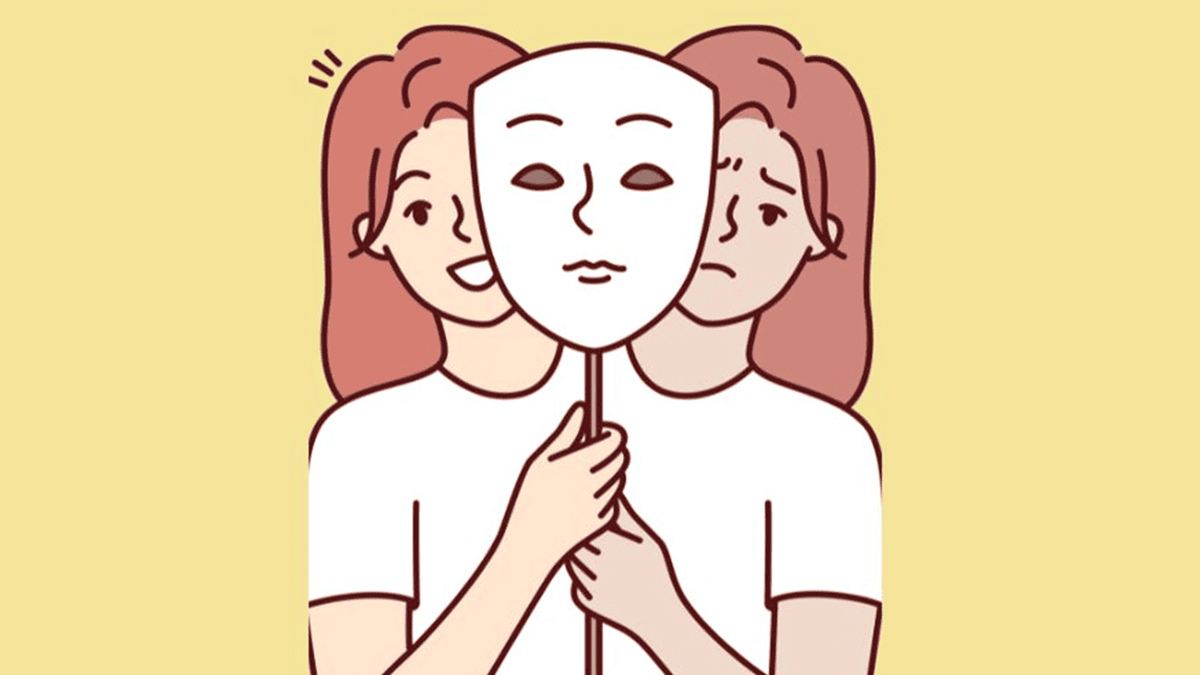
Celebrities sharing their mental health struggles have a powerful impact, inspiring many to talk openly about their own experiences. One of the latest stars encouraging this conversation is Lukas Gage, known for his roles in “The White Lotus” and “Euphoria.” Lukas has recently opened up about being diagnosed with Borderline Personality Disorder (BPD). His comments shed light on the complexities of living with BPD and help break the stigma that often surrounds mental illnesses.
Table of Content:-
To know more about the condition, we reached out to Dr Divya Shree KR, Consultant - Psychiatry, Aster CMI Hospital, who gave her insights.
Lukas Gage on His Borderline Personality Disorder Diagnosis ![Lukas Gage 1 - 2025-10-10T151810.885]()
Lukas Gage revealed his BPD diagnosis in his new memoir, “I Wrote This for Attention.” He talked candidly about his mental health journey, sharing, “For so long, I didn’t have the words for it. My whole teenage years, I thought it was depression, anxiety, bipolar, whatever. Before this book, I was hard on myself. Now, I can have empathy for that little kid and wild teenager”.
Lukas said he wanted to foster a conversation about BPD that wasn’t stigmatised or a “dirty little secret.” He hopes readers, especially those with similar experiences, feel seen and understood. He’s been transparent about both the challenges and strengths BPD has brought into his life, admitting, “Some parts of my personality disorder are a pain in my ass, but some parts I love. I don’t think there’s anything inherently wrong with me”.
ALSO READ: Dealing with Kidney Stones, Dolly Parton Shares Her Health Update with Fans
What Is Borderline Personality Disorder? ![Borderline Personality Disorder 2 - 2025-10-10T151816.085]()
Dr Divya Shree KR explains, “Borderline Personality Disorder is a mental health condition marked by unstable moods, self-image, and relationships. People with BPD often experience intense emotional swings, impulsive behaviour, and difficulty managing anger or stress.”
Symptoms of Borderline Personality Disorder
Dr Divya further explains that some common symptoms of BPD include:
- Fear of abandonment and frantic efforts to avoid it
- Unstable, intense relationships
- Distorted self-image or shifting sense of identity
- Impulsive behaviours such as reckless spending or substance use
- Rapid mood swings or feelings of emptiness
- Anger or difficulty controlling emotions
- Episodes of dissociation (feeling cut off from oneself or reality)
Dr Divya also notes, “BPD can make relationships, work, and daily life challenging. But with the right support, people can live fulfilling, stable lives.”
How Is BPD Treated?![BPD treatment 3 - 2025-10-10T151813.976]()
Expert consensus points to psychotherapy as the main pillar of treatment. Dr Divya shares, “Psychotherapy, especially Dialectical Behaviour Therapy (DBT) and Cognitive Behavioural Therapy (CBT), is highly effective for BPD. These therapies help people manage emotions, reduce self-harming behaviours, and build healthy relationships”.
Additional treatments and tips include:
- Ongoing support from trained mental health professionals
- Medication for co-occurring symptoms like depression or anxiety
- Group therapy to improve social skills and express emotions
- Family therapy for caregiver support and understanding
- Crucially, stigma reduction and patient patience during recovery
Treatment is a long-term process and often involves regular sessions, but progress is possible. “With evidence-based care, most people with BPD experience significant symptom improvement and a better quality of life,” notes Dr Divya.
A qualitative study interviewing people with BPD found that many envision recovery not as complete symptom elimination, but as gaining self-acceptance, emotional control, improved relationships, and meaningful life goals. This view matches what many clinicians observe: that treatment is a journey of growth, not a quick fix.
ALSO READ: Victoria Beckham Reveals Struggles with Body Image and Eating Disorder: “It Really Affects”
Conclusion
Lukas Gage’s candid discussion of his Borderline Personality Disorder helps bring much-needed attention to a misunderstood condition. By sharing his struggles and strengths, he’s helping others feel less alone and encouraging open dialogue. With expert care including therapy, medication, and support, people with BPD can manage symptoms and lead rewarding lives.
Also watch this video
How we keep this article up to date:
We work with experts and keep a close eye on the latest in health and wellness. Whenever there is a new research or helpful information, we update our articles with accurate and useful advice.
Current Version
Oct 10, 2025 15:21 IST
Published By : Vivek Kumar


